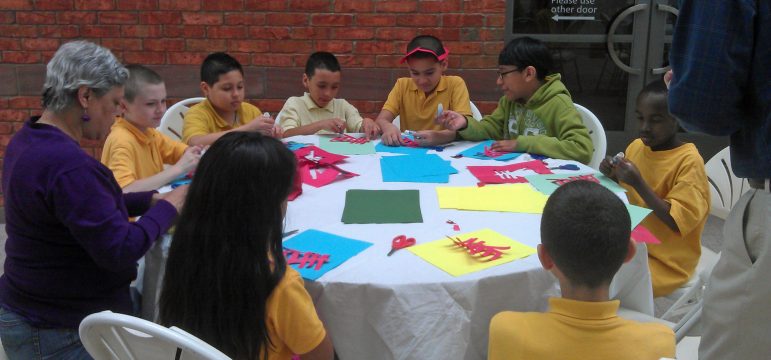
Due to the COVID-19 pandemic, Connecticut’s students are facing challenges that are unlike any that our schools have seen before.
Every community has students who have dealt with trauma, mental health issues, social emotional challenges, as well as difficulties with academic achievement, but obviously some communities are impacted more than others. And teachers are on the front line.
Research has shown that if a student’s basic human needs are not met, they will be unable to achieve academically. Decades ago, psychologist Abraham Maslow argued that these needs are as follows: physiological, safety, love and belonging, esteem, and self-actualization. When any of these needs are not met, it is highly unlikely that students will reach their academic potential. One of the main focuses after the return to school has been bridging the achievement gap and making up for the loss of instruction students received during virtual learning, but this will not be possible if students’ basic needs are not met and supported.
So our schools need to return to the basics. Our students need to feel safe, cared for and loved, emotionally and mentally stable, empowered and confident in themselves before we focus on academics. We can do this by incorporating social and emotional learning programs schoolwide, and teaching our students the skills that they need in order to manage their emotions and mental health. Schools are supposed to be the safety net for students, especially those students who may feel unsafe outside of the building.
How do we do this? After spending the last two months synthesizing the most recent research on the topic, here’s what I found:
- Implement social and emotional learning programs that will teach students how to manage their emotions and build community.
- Provide ALL students with real, healthy meals and snacks; not just during the school day but also dinner and meals on the weekends if needed. If the adults that are in the building are unwilling to eat school lunch; why do we expect it to be quality nutrition for students?
- Create food pantries, laundry rooms, and clothing/uniform donations for students and families who may need these extra support in their basic needs.
- All schools should have adequate social workers and school psychologists; this means that schools in poverty and with the most students in need should be provided MORE support.
- Incorporate art and music programs to help create a sense of belonging and improve the self esteem and confidence of students.
- Training and educating teachers in responding to trauma, mental health, and how to provide support to their students.
All of this is much easier said than done, but Maslow’s views still hold true today. Students with the highest needs are usually not provided the necessary support for this to be successful. Affluent districts have far less trouble providing their students with these supports, but the students living in poverty are those that are not provided with these supports. This makes it nearly impossible for them to be successful physically, mentally, and academically. Funds and resources need to be equitably divided in all of our schools to ensure that every student is given what they need to thrive.
In has long been established that once the basic needs of students are met, their academics will improve. So, when will we be willing to restructure our schools so they actually meet every students’ needs?
If they are given the skills to manage their emotions, they will be less likely to have behavioral and emotional disorders which leads them to missing instruction. If students do not come to school hungry or have to worry about where their next meal will come from, they can focus on their academics.
Giving students ways to express themselves through art and music will build their confidence; this will lead to them being more willing to try new things.
Building a sense of community in our schools will lead to better relationships with students and staff. This will help them feel a sense of belonging and make them feel cared for.
Once a student feels like they are cared for and safe, they will feel the urge to try and improve; whether that be academically or socially.
If we start with the basics, and provide students with the basic needs; everything beyond that will start to fall into place.
Mary Kayan is a music teacher for the Hartford Public Schools.



